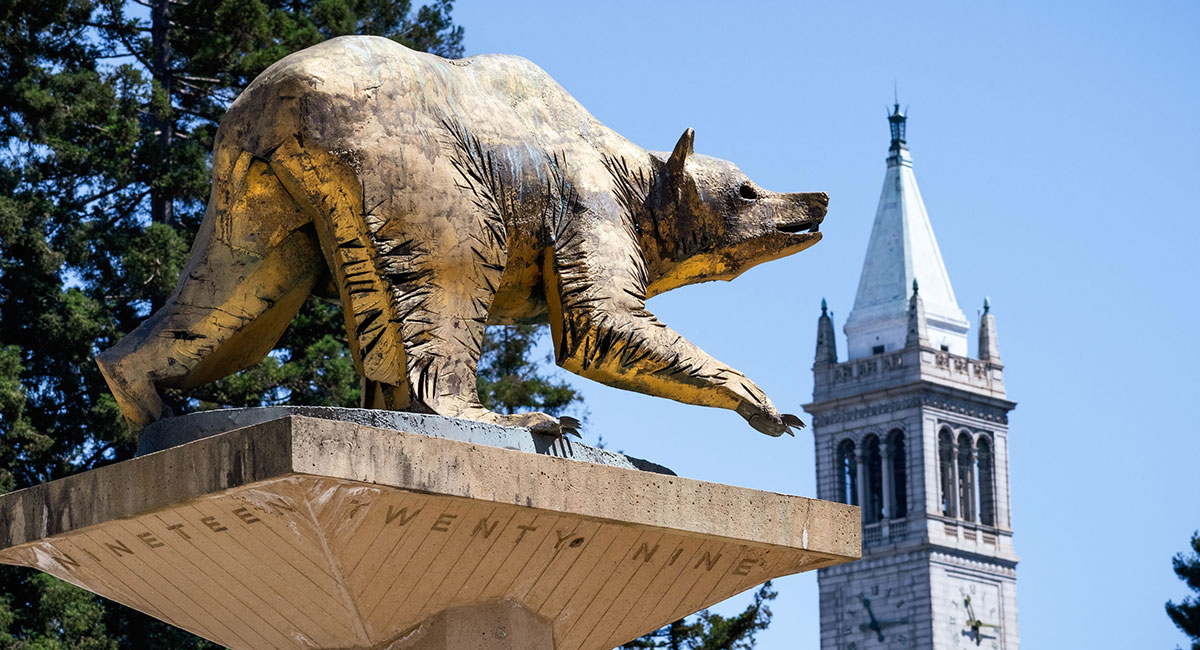Long before the recent Supreme Court ruling, California eliminated racial preferences in college admissions. That victory is now under threat, as California’s ruling class strives to restore the brand of institutional racism that prevailed before the 1978 Bakke case.
The California Civil Rights Initiative (CCRI), Proposition 209 on the November 5, 1996 ballot, eliminated racial preferences in state education, employment, and contracting. Though opposed by former presidential candidate Jesse Jackson, Californians approved CCRI by a margin of 54 to 46 percent.
Contrary to popular belief, the measure and the initiative did not end affirmative action. The state still provided a place for every student, and state universities could help students on an economic basis. The disaster racial preference forces predicted never came about.
As Thomas Sowell explained in Intellectuals and Race, declines in minority enrollment at UCLA and UC Berkeley were offset by increases at other UC campuses. More important, the number of African-American and Hispanic students graduating from the UC system increased, including a 55 percent increase in those graduating in four years with a GPA of 3.5 or higher.
Students were not represented according to their percentage of the population but that never occurs due to factors such as personal differences, effort, and choice. These realities did not register with the state’s education establishment.
In 2011, UC San Diego created a vice chancellor for equity, diversity, and inclusion, as Heather Mac Donald noted, a “diversity sinecure,” that was “wildly redundant,” costly, and unnecessary in the light of state law. UC regents approved the new post, as the UC system jacked up tuition and pepper-sprayed students peacefully protesting the hikes.
In 2012, state senator Edward Hernandez introduced Senate Constitutional Amendment 5, to allow voters to consider elimination of CCRI’s ban on race and ethnic preferences. Olivia Liao, president of the Joint Chinese University Alumni Association, flagged SCA-5 as discriminatory and argued for admissions “based on merit.” The amendment was withdrawn in 2014 but staged a comeback in 2020.
San Diego Democrat Shirley Weber revived SCA-5, charging that “California’s equal opportunity program was upended by the passage of Proposition 209 in 1996.” According to Weber, “lingering, and even increasing, disparity still exists, particularly for Asian Americans, Pacific Islanders, Black Americans, Latino Americans, Native Americans, and women, and should be rectified.” And so on.
The amendment to repeal Proposition 209 landed on the 2020 ballot as Proposition 16. California voters rejected it 57.23 to 42.77, a wider margin than the victory of Proposition 209 in 1996. Ruling class reactionaries were quick to push back.
Last February, Assembly Democrat Corey Jackson introduced Assembly Constitutional Amendment 7, which targets Proposition 209. Subject to “approval by the governor,” the measure approves “researched based” programs for “increasing the life expectancy of, improving educational outcomes for, or lifting out of poverty specific groups based on race, color, ethnicity, national origin, or marginalized genders, sexes, or sexual orientations.”
As CalMatters explains, the measure would “allow state agencies to send the governor a waiver request to avoid Proposition 209’s restrictions, as long as the exception is based on scholarly research,” which in California can mean just about anything.
Republican Bill Essayli, son of Lebanese immigrants and the first Muslim to serve in the state Assembly, called ACA-7 a “backwards policy,” citing support for Proposition 209.
“I believe it is a mistake in the United States of America to go backwards and to inject race into government policy,” the former prosecutor said during debate on the measure. “We can provide services to disadvantaged communities without making race a factor,” Essayli contended. “The government should treat people equally... I don’t want the government to treat me differently than anyone else. I want to be treated equally.”
Jackson, the first Black member of the LGBTQ Caucus, replied that Essayli, is “a perfect example how a minority can become a white supremacist by doing everything possible to win white supremacist and fascist affection.” It wasn’t clear what sort of scholarly research that accusation was based on.
Promoters of ACA-7 seem unaware that California’s community college system, state university system, and the University of California were open to all students. The great Jackie Robinson was an alum of Pasadena City College, founded in 1924. In 1939, Robinson enrolled at UCLA and in 1954, future decathlon champion Rafer Johnson attended UCLA on both athletic and academic scholarships.
Johnson became student body president and decathlete C.K. Yang, whom he defeated in the 1960 Olympics, was also a UCLA student. The Republic of China (Taiwan) native entered UCLA in 1959 speaking no English and graduated in 1964. So long before the 1965 executive order, California universities were taking affirmative action to ensure equal opportunity.
California voters showed their preference for equal opportunity in 1996 and 2020. ACA-7 would turn back to the clock to the 1970s, with racial and ethnic quotas. Institutional racism is now the preference of California’s reactionary ruling class.








